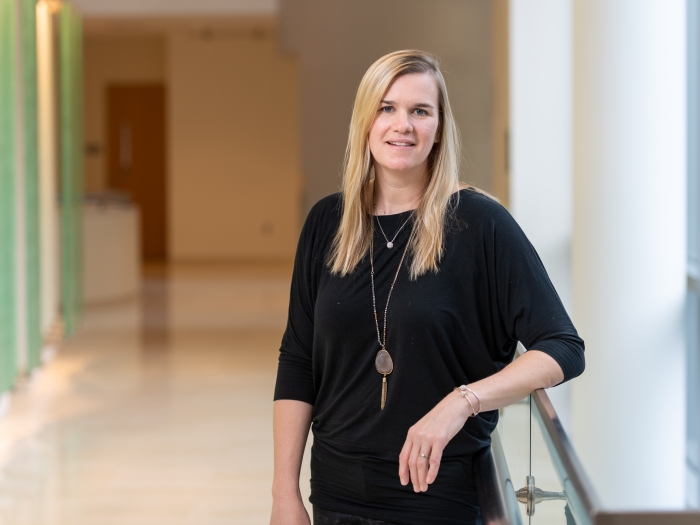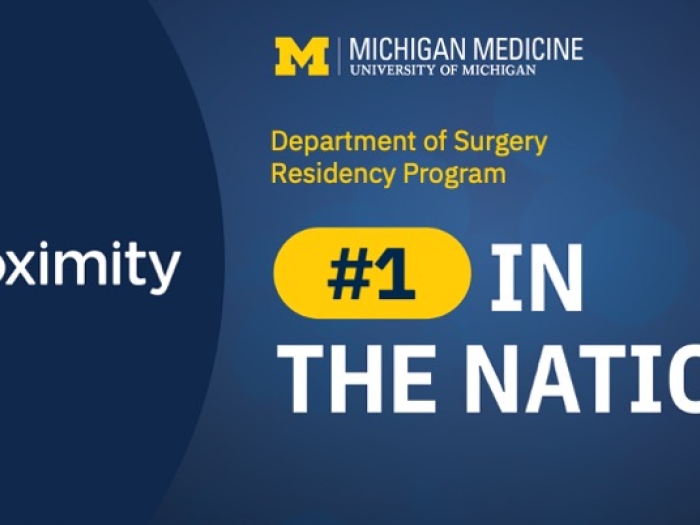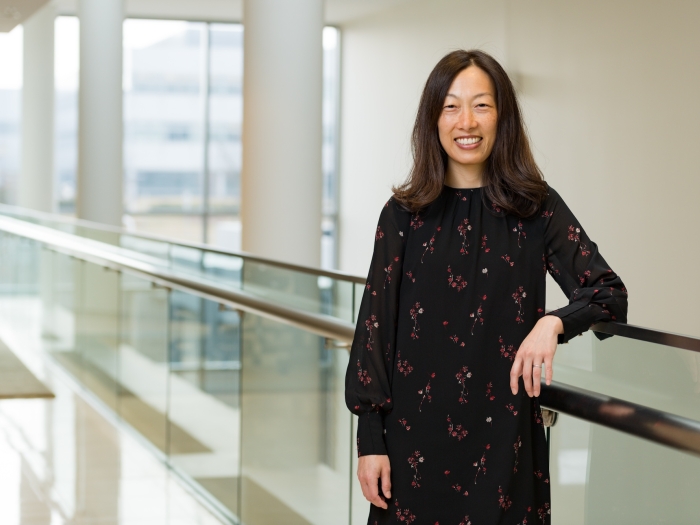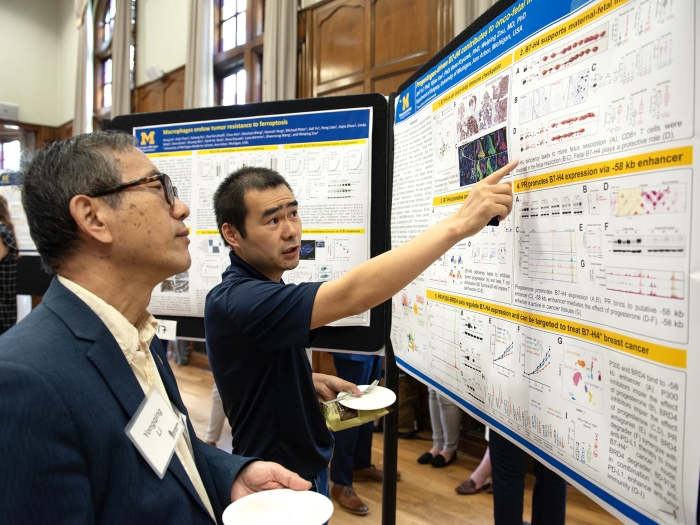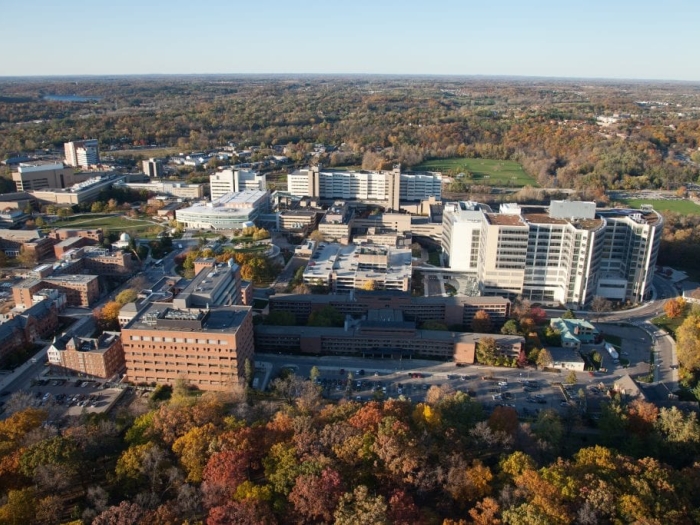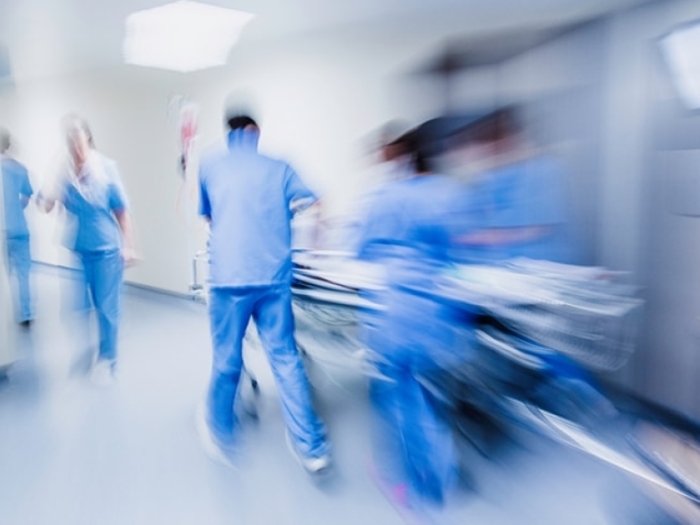
At the U-M Medical School Section of Vascular Surgery, we draw on a legacy of innovation in clinical care, research, and education.
We’re proud of the broad interests and deep expertise of our team of surgeons, who work with experts across departments and specialties at Michigan Medicine to deliver the best care, to pursue new knowledge, and to train our next colleagues in the field.
We provide comprehensive clinical care for vascular disease. We’re committed to delivering collaborative medicine across specialties, giving patients a single home for their vascular care. Our clinical strengths include multidisciplinary clinical programs for aortic disease, venous disease, pediatric renovascular hypertension and peripheral arterial disease. We are also offering advanced open and endovascular treatments for complex abdominal aortic aneurysmal disease, peripheral artery disease and limb salvage, and cerebrovascular occlusive disease.
Michigan is home to one of the first integrated vascular surgery residency programs in the country, offering a mature and comprehensive program to trainees seeking an experience that combines the best of academic medicine — including extensive experience in open and endovascular surgery cases and protected time for research and academic development.
Our 2-year vascular surgery fellowship program prepares graduates to lead clinical and research efforts upon graduation, providing opportunities to fine-tune surgical expertise while developing as investigators during a research rotation.
With a depth of expertise, our research portfolio stands as one of the largest and most diverse for any unit of our kind.
Our endowed vascular surgery research facility, the Computational Vascular Biomechanics Laboratory and the 4,900-square-foot Conrad Jobst Laboratories, unites faculty investigators from across the section in a central hub that accelerates discovery through collaboration.
The Jobst Labs focus on venous thrombosis, vascular inflammation, thrombus resolution, traumatic injury, nephropathy, abdominal aneurysms, and medical device testing.
Our multidisciplinary vascular biomechanics team works to compute hemodynamics in complex image-based cardiovascular models to assess surgical approaches. We also offer robust opportunities for pursuing outcomes-related research through the Center for Healthcare Outcomes & Policy.
Keep in touch with your University of Michigan family by renewing your connection to the Section of Vascular Surgery.
Distinguished alumni enliven and enrich our tradition of excellence in clinical practice, research, and surgery education at U-M Medical School. We invite you to keep in touch with Vascular Surgery through annual conferences, meetings, and societies, or by visiting us for a tour.
- Milton F. Bryant Lecture: This annual visiting lectureship is held in honor of Milton F. Bryant, MD, and has allowed many distinguished surgeons to share their wisdom with our faculty, students and staff and continues to enrich the culture of our University.
- Berguer Lecture on Ethics: This annual visiting lectureship held in honor of Dr. Ramon Berguer, MD, PhD, is meant to challenge our faculty and trainees as they deal with the ethics of contemporary medicine and academics.
- Conrad Jobst Lecture: Through a generous endowment from the Jobst family, we’re able to offer the annual Jobst Lecture in collaboration with the The Conrad Jobst Vascular Center at the Toledo Hospital. Past speakers include: James C. Stanley, MD; Gregory L. Moneta, MD; Lazar J. Greenfield, MD; and Mark H. Meissner, MD, FACS.
The Michigan Promise aims to empower faculty members and residents in the Department of Surgery to achieve professional success. We support initiatives connected to environment, recruitment, leadership, achievement, innovation and outreach.
- For our clinic information, specialty clinics, procedure information and more, please visit the Vascular Surgery section on UofMHealth.org.
- Michigan Medicine Patient and Visitor Guide
